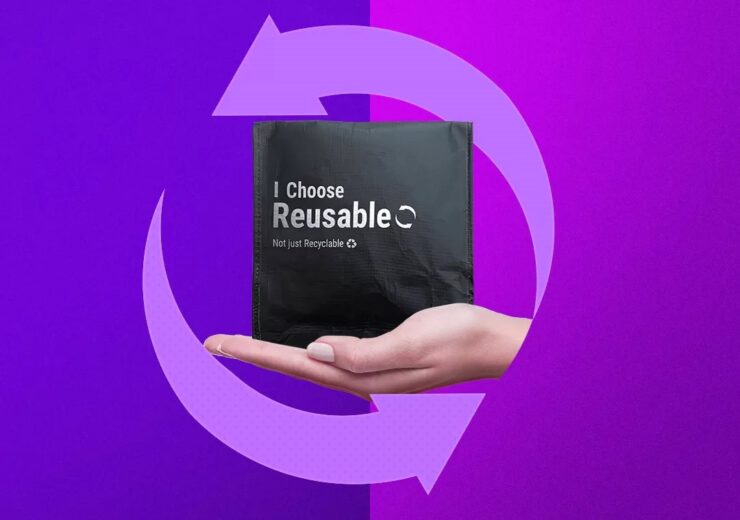In partnership with UOB, Singapore Post (SingPost) and Better Packaging, findings from the pilot showed that 1 in 3 consumers opted reusable packaging for e-commerce purchases

90% of participating retailers found it convenient to implement reusable packaging which improved their efficiency compared to poly mailers or paper boxes. (Credit: WWF)
WWF-Singapore (World Wide Fund for Nature Singapore) today announced its findings from a pilot initiative designed to reduce e-commerce packaging waste in Singapore. Out of the 15,000 customer orders processed during the six months pilot, one in three customers chose to use reusable packaging for their online purchases when given the option and over half of them voluntarily returned the packaging. The post-pilot survey also showed that with better consumer education and convenience, the return rate can be boosted to above 75%, fostering a more sustainable e-commerce landscape.
Launched in April 2022, the pilot programme was spearheaded by WWF-Singapore’s business initiative Plastic ACTion (PACT) in partnership with UOB, SingPost and Better Packaging. The pilot aimed to promote the scalability of reusable e-commerce packaging in Singapore and shape a circular economy.
Singapore’s e-commerce market is projected to grow by more than 50% by 2027. A study conducted by MIT Real Estate Innovation Lab in 2021 found that packaging accounted for 45% of carbon emissions in the e-commerce supply chain. The second biggest contributor was returns management at 25%.
R. Raghunathan, CEO at WWF-Singapore, said: “We are heartened by the findings from the pilot as it demonstrates Singaporeans’ willingness to do more for the environment while emphasising the pivotal role of retailers and industry players to create a new, sustainable e-commerce ecosystem that appeals to the public. The findings from the pilot willalso provide practical resources for retailers and organisations looking to implement or transition to reusable packaging.”
The pilot initiative was conducted between April 2022 to September 2022 across 12 retailers spanning from apparels, personal care, health and wellness, grocery, pet care to secondhands.
Customers involved in the pilot initiative could opt-in for reusable e-commerce packaging from 12 participating retailers (Refer to Annex A for the full list of participating retailers). Customers can return the packaging at no cost directly to the courier or any SingPost posting box during the pilot, and the packaging are reused by retailers for the next order. This helps to test the reusable packaging concept in a robust manner while utilising Singapore’s national postal network to manage packaging returns.
Consumers Willing to Select and Return Reusable Packaging
In a post-pilot survey among customers who opted in for reusable packaging, 81% attributed their actions to sustainability concerns, demonstrating the willingness of most consumers to adopt this when informed. Some customers who did not opt in indicated they were not aware of the option and the concept of reusable packaging, while some intended to keep the packaging for their own reuse. With better consumer education to improve awareness, this will likely enhance opt-in and return rates.
The pilot’s findings also demonstrated a promising average return-rate of 56% across retailers. Retailers who engaged in active consumer education and sent return reminders witnessed a boosted return rate and time taken for returns reduced by 30%.
The findings also highlighted convenience to be a crucial factor in facilitating timely returns where consumers preferred to have convenient locations to drop off the packaging than receiving incentives such as discounts. Survey results showed that only 37% of respondents are influenced to opt-in to reusable packaging due to incentives.
Operational Concerns Unfound
All retailers supported the reusable packaging concept after participating in the pilot. They found the implementation of an opt-in function on their e-commerce platform to be simple with minimal IT changes required. Operational adoption was also swift with little resistance once the retailers’ employees were informed about the alternative packing option and its environmental benefits. 90% of participating retailers indicated that their efficiency of packing goods had improved or was not affected due to the simple “drop and Velcro down” sealing packaging design.
Third-party logistics providers had also provided positive feedback during the fulfilment of the last mile delivery of purchases with no spoilage and breakage of products. As the concept scales, the suitability of packaging sizes and the compatibility of shipping labels with reusable packaging must be reviewed and optimised.
Source: Company Press Release
